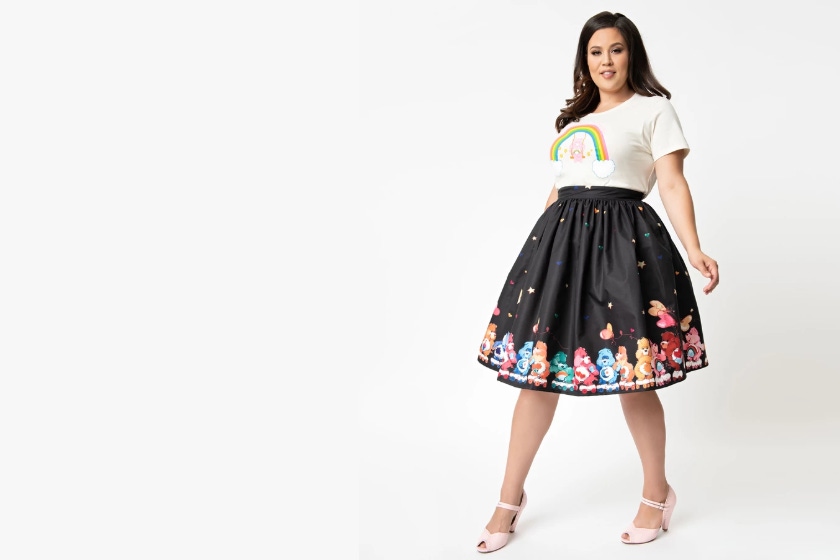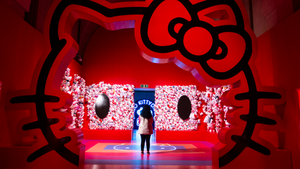Plus size is no longer a niche market.

Plus size is no longer a niche market.
We’ve all read the reports that the average woman in the U.S. is a size 16, which is 68 percent of the female population, yet it’s surprising that in 2019, a significant part of the population still can’t find clothing to wear at brick-and-mortar retail. Slowly, however, this underserved market is gaining attention from apparel designers and retailers via launches of plus-size clothing lines or expansions of size range.
When it comes to licensing, this is a category that shouldn’t be overlooked. According to The NPD Group/Consumer Tracking Service, in the 12 months ending in November 2018, U.S. dollar sales of women’s plus size apparel (including plus/full-figure, petite plus and junior plus) was $20.5 billion, the same levels as the prior year.
There are a handful of retailers who were ahead of the curve, offering extended sizing in licensed apparel. Hot Topic, Her Universe and Target each have extended sizing in apparel with licensors such as Disney and Marvel. Forever 21’s collaborations with Baby Phat and USPS featured plus sizes, while Unique Vintage has extended sizes for its collaborations with properties like Cloudco’s Care Bears, Mattel’s Barbie and CBS’ “I Love Lucy.”
Some body-positive social media influencers have signed lucrative licensing deals, as well. Girl With Curves launched a collection with plus-size retailer Lane Bryant, and e-commerce subscription box Dia & Co. Gabi Gregg, a.k.a. Gabifresh, who is credited with creating the “fatkini,” has successful licensing deals with SwimsuitsforAll.com for bathing suits and a line with lingerie company Playful Promises. Katie Sturino launched her Megababe line of health and beauty products specially for plus size, which are well-received as well as her own line with StitchFix.
For those who are still on the fence about extended sizing in their licensing apparel, look no further than Victoria’s Secret, whose popularity among younger shoppers has begun to wane in favor of inclusive brands like Thirdlove and Fenty x Savage, which both offer a more robust range of size options.
Which side of the retail revolution do you want to be a part of? Or, perhaps the more appropriate question is: Can your company afford to leave money on the table by not offering extending size ranges in your next licensing deal?
About the Author(s)
You May Also Like








